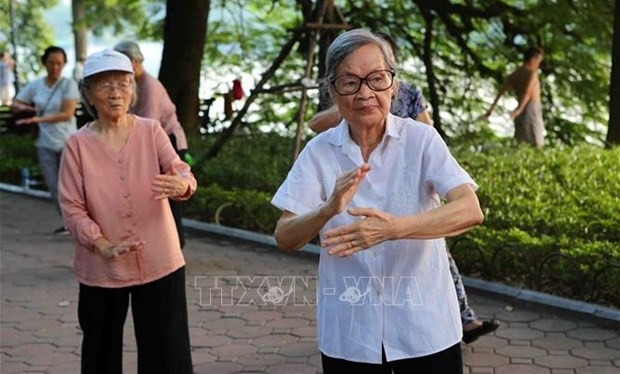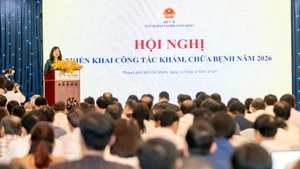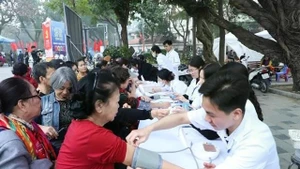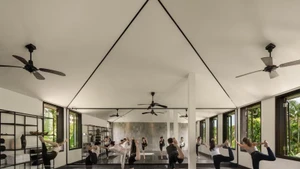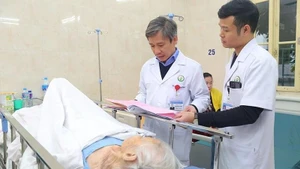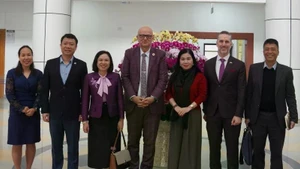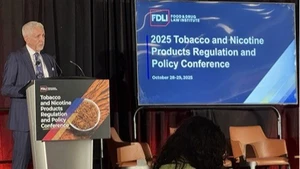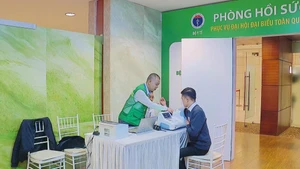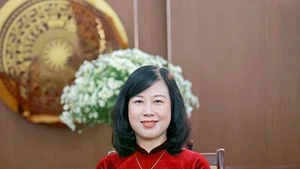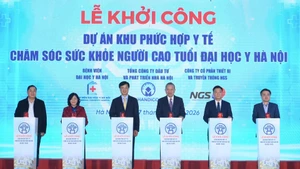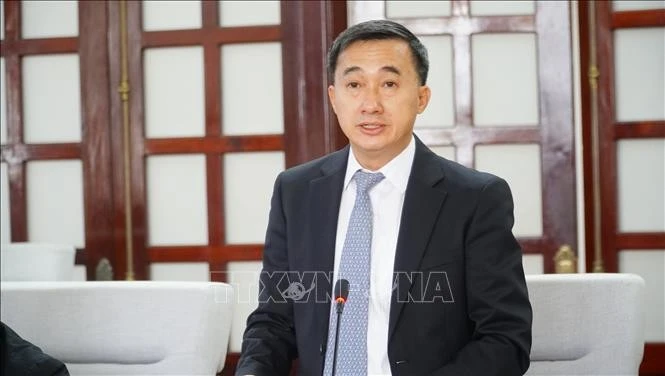Vietnam now has about 7.4 million elderly people aged from 65, accounting for 7.7 percent of its population, and the number is expected to rise to 22.3 million, making up 20.4 percent by 2050.
The country officially entered the "aging phase" in 2011, and is among the most rapidly aging countries in the world.
According to Le Bach Duong, UNFPA Assistant Representative in Vietnam, building an elderly care ecosystem for Vietnam is an inevitable trend.
The workshop is a good opportunity for agencies to share experiences in implementing the integrated care model for the elderly as well as orientation for the future development of Vietnam's elderly care ecosystem, he said.
The UNFPA has supported the MOLISA to build and implement out an integrated care model for the elderly in localities including Thai Nguyen, Thanh Hoa, Nghe An, Vinh Long and Da Nang with financial support from the Government of Japan and the United Nations Sustainable Development Goals Fund.
After six months of pilot implementation, the model has proved to be effective, Duong said, citing the fact that more than 1,000 caregivers at social protection centres and caregivers of the elderly at home have been trained to improve their capacity and skills.
Participants at the event exchanged experiences and listen to an introduction about an integrated care model framework for the elderly.
